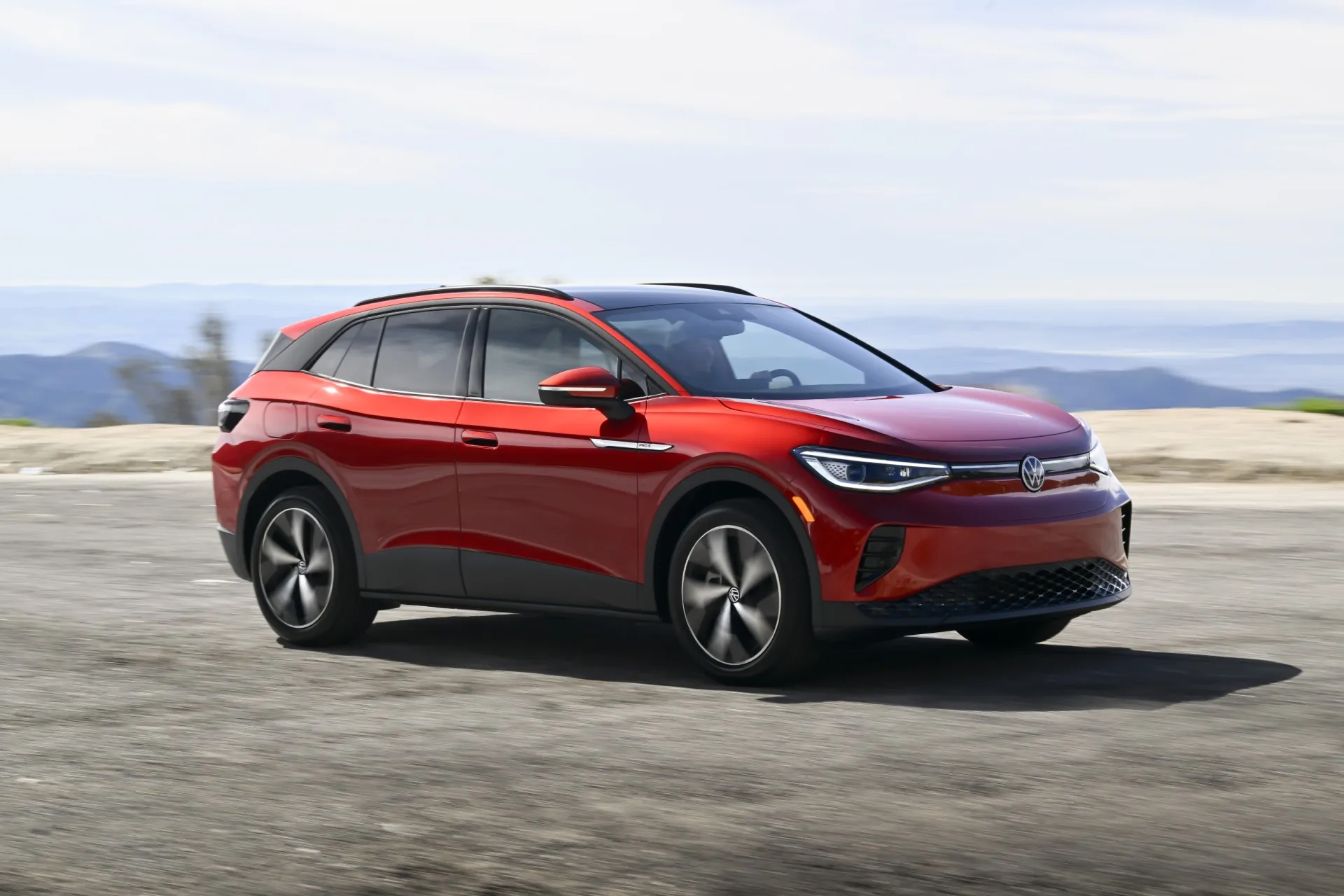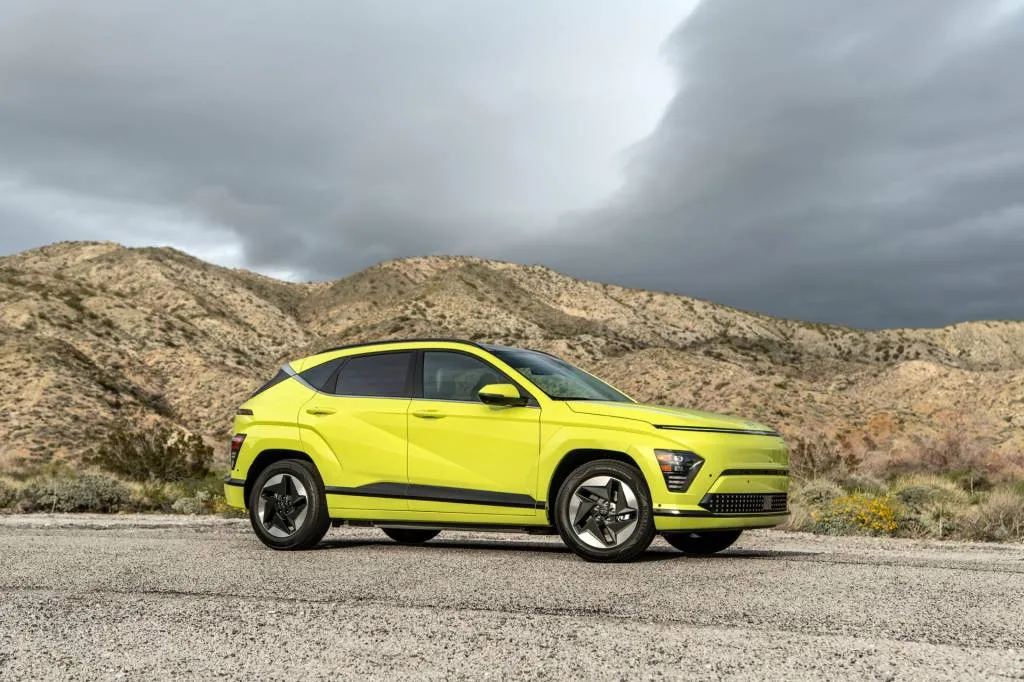
[adinserter block=”4″]
Many EVs have a lower five-year cost of ownership than comparable gasoline models, according an annual roundup from Vincentric, a source for ownership cost calculations for websites and automakers.
Vincentric’s analysis covers eight factors: depreciation, fees and taxes, financing, fuel cost, insurance, maintenance, opportunity cost and repairs. It assumes new vehicles are driven 15,000 annually over the first five years of ownership.
2024 Nissan Leaf
In its latest analysis, Vincentric found that 20 of 41 electric models (49%) cost less to own over five years than their gasoline counterparts. That’s down from the 2023 analysis, in which 52% of EVs surveyed had lower ownership costs than gasoline vehicles.
Depreciation is where EVs continue to lag behind gasoline vehicles, largely due to higher purchase prices, according to Vincentric. The loss of the federal EV tax credit for many models hasn’t helped, either. But analysts note that EV costs are expected to drop in the next few years, potentially allowing them to achieve price parity with gasoline models. That’s likely to happen because of continually-falling battery prices, driven down by excess manufacturing capacity and more availability of raw materials.

2024 Hyundai Kona Electric
Vincentric also found that 19 of the 41 EVs surveyed for 2024 recouped their price premiums in seven years, with eight of those EVs already having a lower purchase price than an equivalent gasoline model.
It’s a reminder that ownership-cost advantages can vary based on a variety of factors, such as where you live and the type of vehicle. A 2020 Consumer Reports study found that the ownership-cost advantages of EVs were particularly strong for SUVs and pickup trucks, for example.
[adinserter block=”4″]
Credit : Source Post






